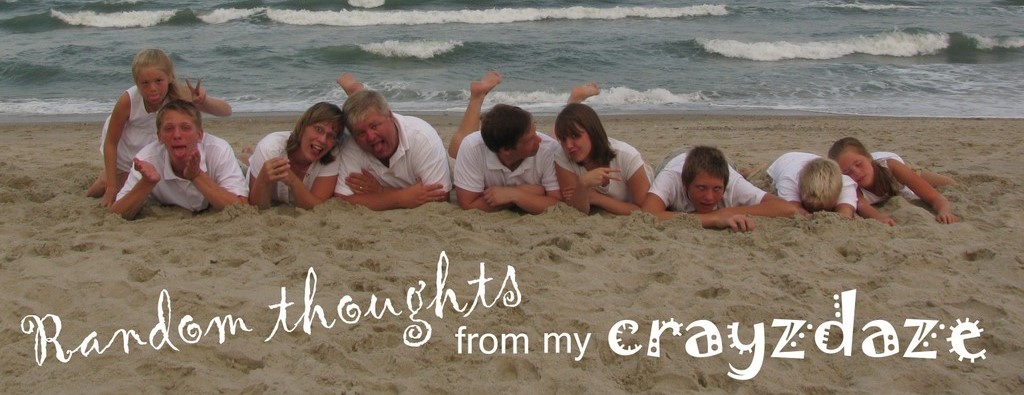Love.
What an interesting word. We all know what it means. Until we’re asked for a definition…and then we really can’t articulate it.
It doesn’t help that the English language has just one word to convey the feelings and emotions that are conveyed by multiple words in other languages. In Greek, for example, storge means the kind of natural affection that a parent would feel for their child. Philia describes the love we have for a friend or a brother. Eros refers to passionate or sensual love, and agape an unconditional love.
But us? We just call it all “love.”
Recently a friend told me about an experiment she and her husband were conducting, and challenged me to try it too. Their experiment concerned the phrase “I love you” and it’s (many) meanings. Instead of saying “I love you” to each other, they were trying to use more specific words to describe their feelings.
How interesting, I thought. What do I mean when I say “I love you?”
I could see many different possibilities, and as I thought more about them I could see that sometimes my reasons for saying “I love you” are quite selfish. How often did my “I love you” mean I like it when you do what I want you to do? Much to my surprise my experience was quite different. First I explained the experiment to Russ. (Who thought it was a little silly, I’m sure.) Then I started.
I love you, which means that I’m really glad I get to spend my life with you.
I love you, which means I’m so excited to see you when you come home every evening.
I love you, which means I love it when you laugh at my jokes.
I love you, which means I’m hot for your bod. ;)
I love you, which means I think you’re such a wonderful father.
I love you, which means I love snuggling here with you every night.
And do you know what happened? As I examined my thoughts and feelings to see beyond the generic “I love you,” to the specific thought I was trying to express, those feelings of love grew. Almost as if identifying the specific feeling increased the amount of emotion that I was feeling in the first place…
I’m calling this experiment a total and complete success.
And I want to say, I love you Russ, which means I am so glad I was not Joe’s girlfriend…





Aaahhh...now your email makes sense:). I love you too, which means I like my life much better with your interesting thoughts and perspectives in it!
ReplyDeleteAnd I'm glad you turned out not to be Joe's girlfriend too. te amo, which means I love you in Spanish. :)
ReplyDelete